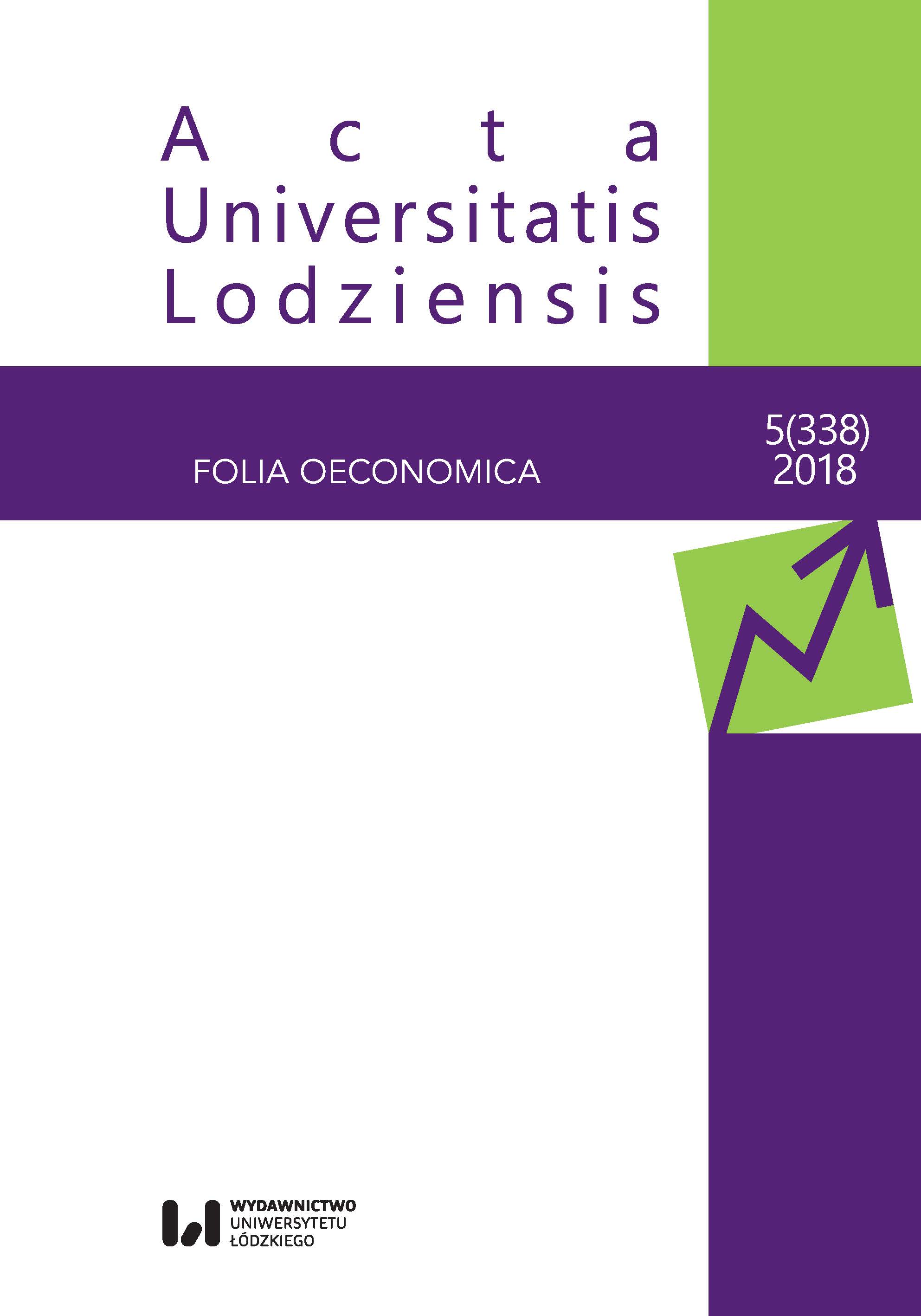Wybrane aspekty współpracy przedsiębiorstw rodzinnych z bankami. Analiza porównawcza na przykładzie Polski i Austrii
Selected Aspects of Cooperation between Family Enterprises and Banks. Comparative Analysis between Poland and Austria
Author(s): Jerzy WęcławskiSubject(s): Business Economy / Management, Financial Markets
Published by: Wydawnictwo Uniwersytetu Łódzkiego
Keywords: family firms; bank firm relationship; number of banking relationships; duration of ban¬king relationship; przedsiębiorstwa rodzinne; relacje bank–przedsiębiorstwo; bankowość relacyjna
Summary/Abstract: Family enterprises are specific because of their adjustment to long term existence and building relationships with the environment based on trust. The aim of the paper was to determine the nature of relations between family enterprises and banks, in particular about financing based on long term partnership. This specificity is translated into the choice of financing sources and the usage of banking services in a broad range. The aim of the research was to identify the character of cooperation between family enterprises and banks. More specifically, the number of banks acting in favor of enterprises, the reasons of their choice, length of cooperation, nature of the relationships, the bank offer used and the premises for changing it, attitude to cooperation in case of financial problems in enterprises and the banking sector. In the paper there are presented results of own quantitative and qualitative research carried out in 2014–2015 in Poland and in Austria. On their basis it can be concluded that family firm cooperate in long term with a relatively small group of banks. Polish family businesses choose bank because of the offer and pricing conditions, while the Austrian companies value mainly the good relations and proximity of the bank (regional). In Austria, firms use financial services more often, but at the same time they are more strongly affected by the restrictiveness of supervisory regulations in access to loan. // Przedsiębiorstwa rodzinne nastawione są na długookresowe istnienie i utrzymywanie opartych na zaufaniu więzi z otoczeniem. Nastawienie to przekłada się na wybór źródeł finansowania, a przede wszystkim na korzystanie w szerokim zakresie z obsługi bankowej. Celem badań było określenie zakresu i charakteru współpracy przedsiębiorstw rodzinnych z bankami, w szczególności w odniesieniu do takich elementów składowych bankowości relacyjnej, jak: liczba banków obsługujących przedsiębiorstwo, przesłanki ich wyboru, długość współpracy, charakter relacji, zakres wykorzystywanej oferty bankowej i przesłanki jej zmiany, nastawienie do współpracy w przypadku występowania problemów finansowych w przedsiębiorstwach i sektorze bankowym. W opracowaniu przedstawiono wyniki własnych badań ilościowych i jakościowych przeprowadzonych w latach 2014–2015 w Polsce i Austrii. Pozwoliły one na stwierdzenie, że przedsiębiorstwa rodzinne prowadzą długookresową współpracę ze stosunkowo nieliczną grupą banków. Polskie firmy dokonują wyboru banku, kierując się przede wszystkim ofertą asortymentową i warunkami cenowymi, podczas gdy austriackie cenią sobie głównie dobre relacje i bliskość banku (regionalność). Zakres wykorzystywanej obsługi finansowej jest w Austrii szerszy, ale jednocześnie przedsiębiorcy z tego kraju silniej odczuwają restrykcyjność regulacji nadzorczych w dostępie do finansowania kredytem.
Journal: Acta Universitatis Lodziensis. Folia Oeconomica
- Issue Year: 5/2018
- Issue No: 338
- Page Range: 97-113
- Page Count: 17
- Language: Polish

